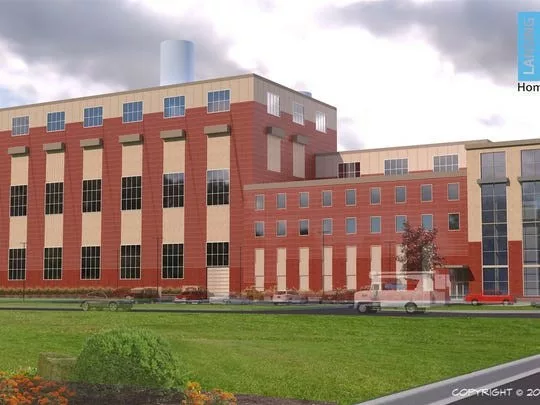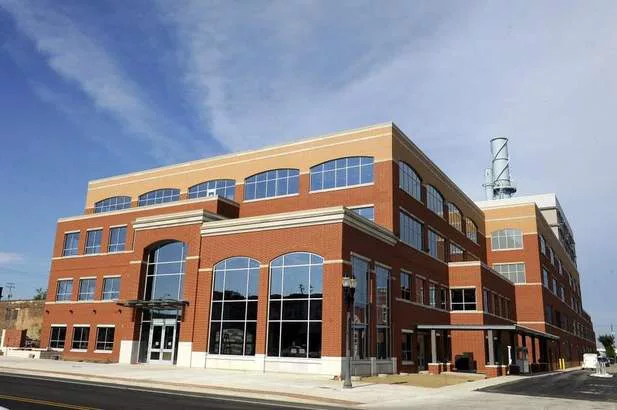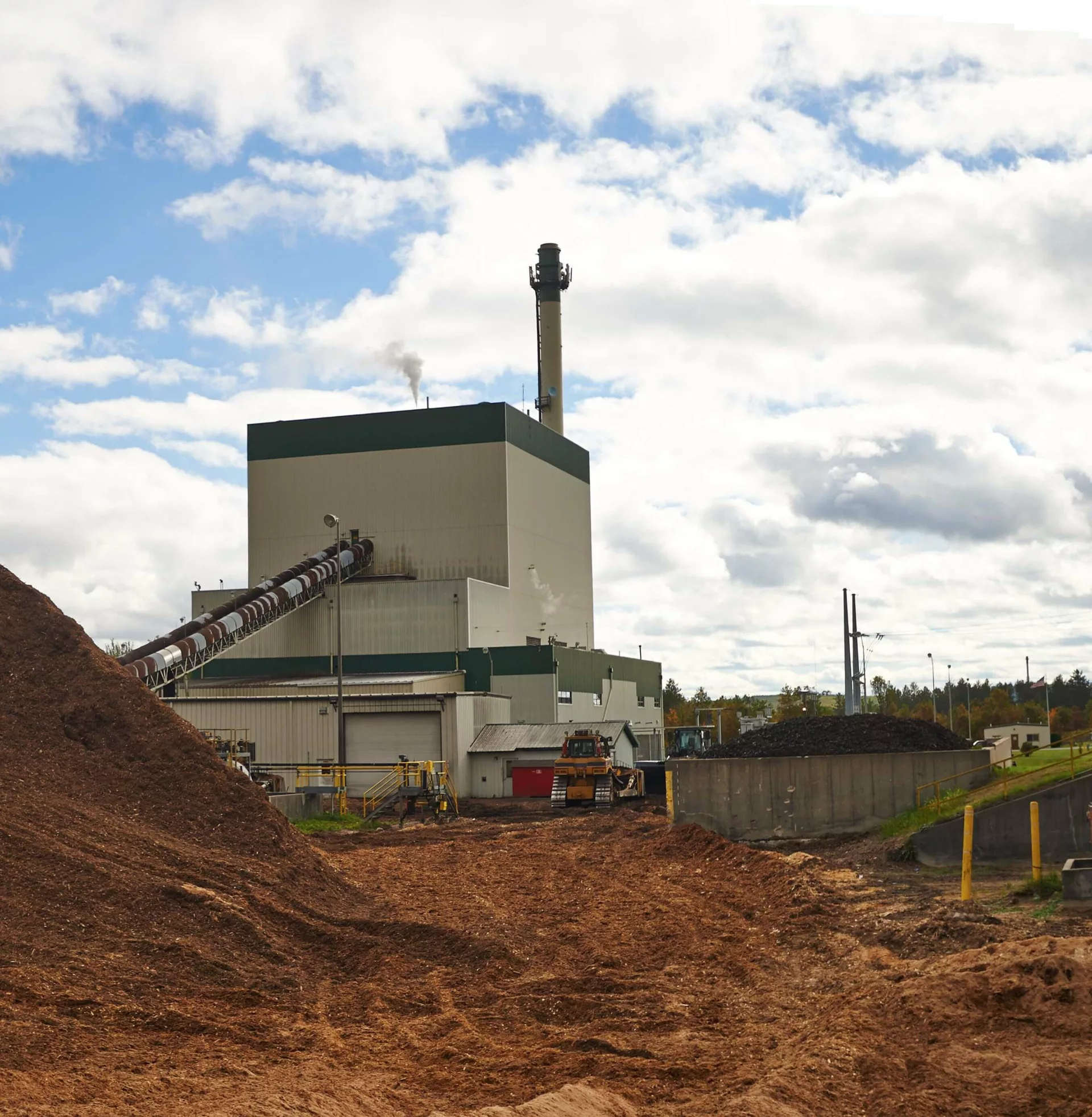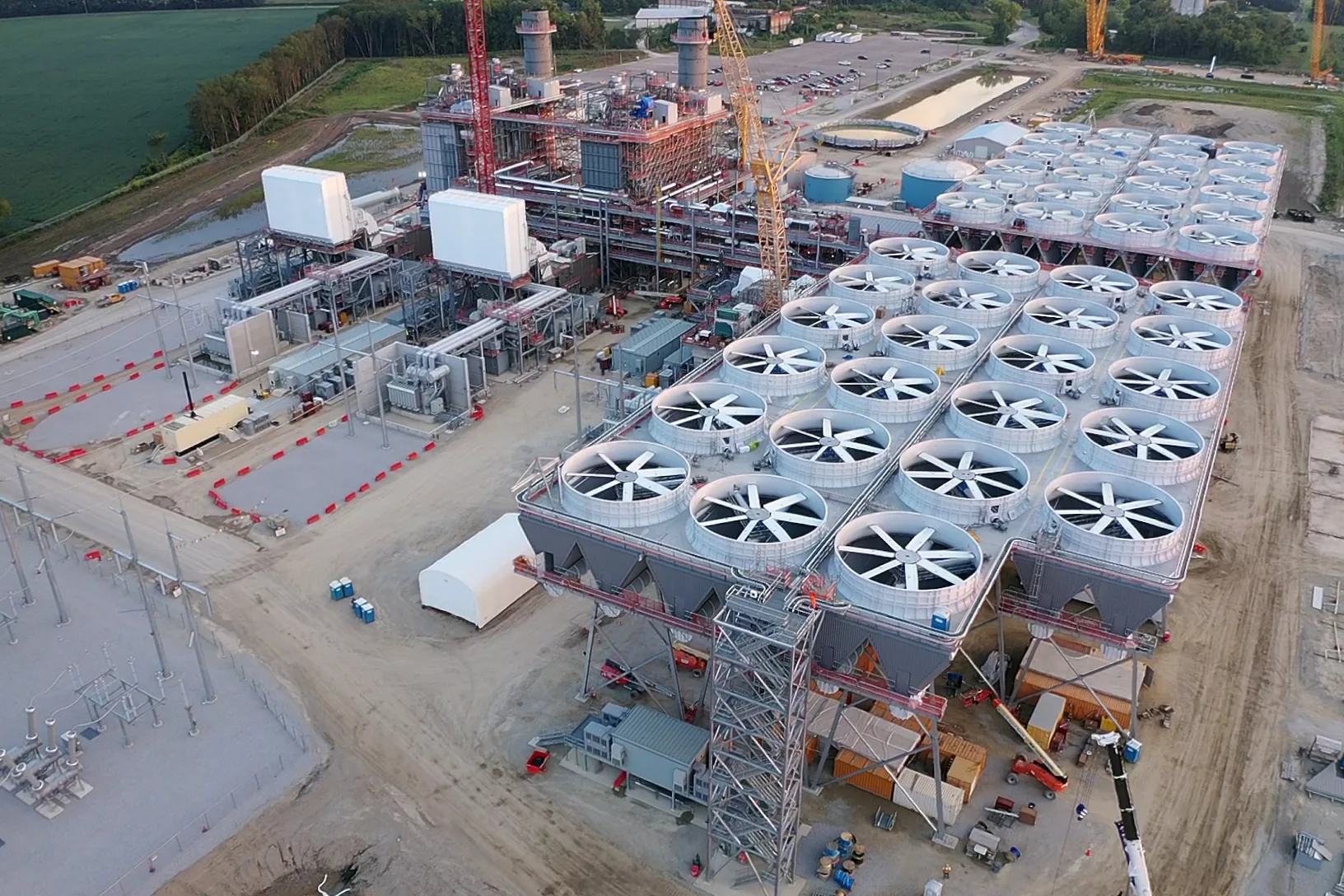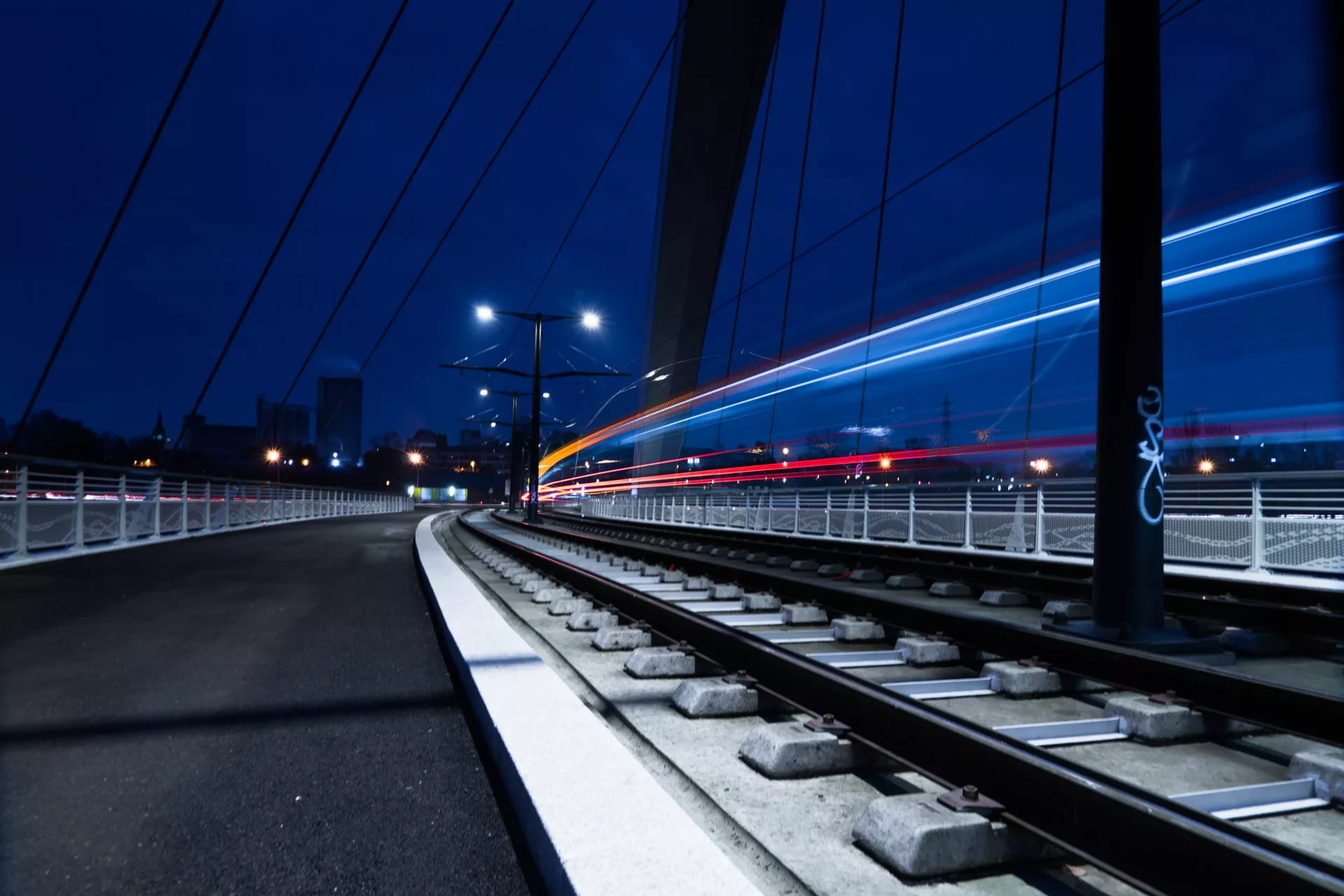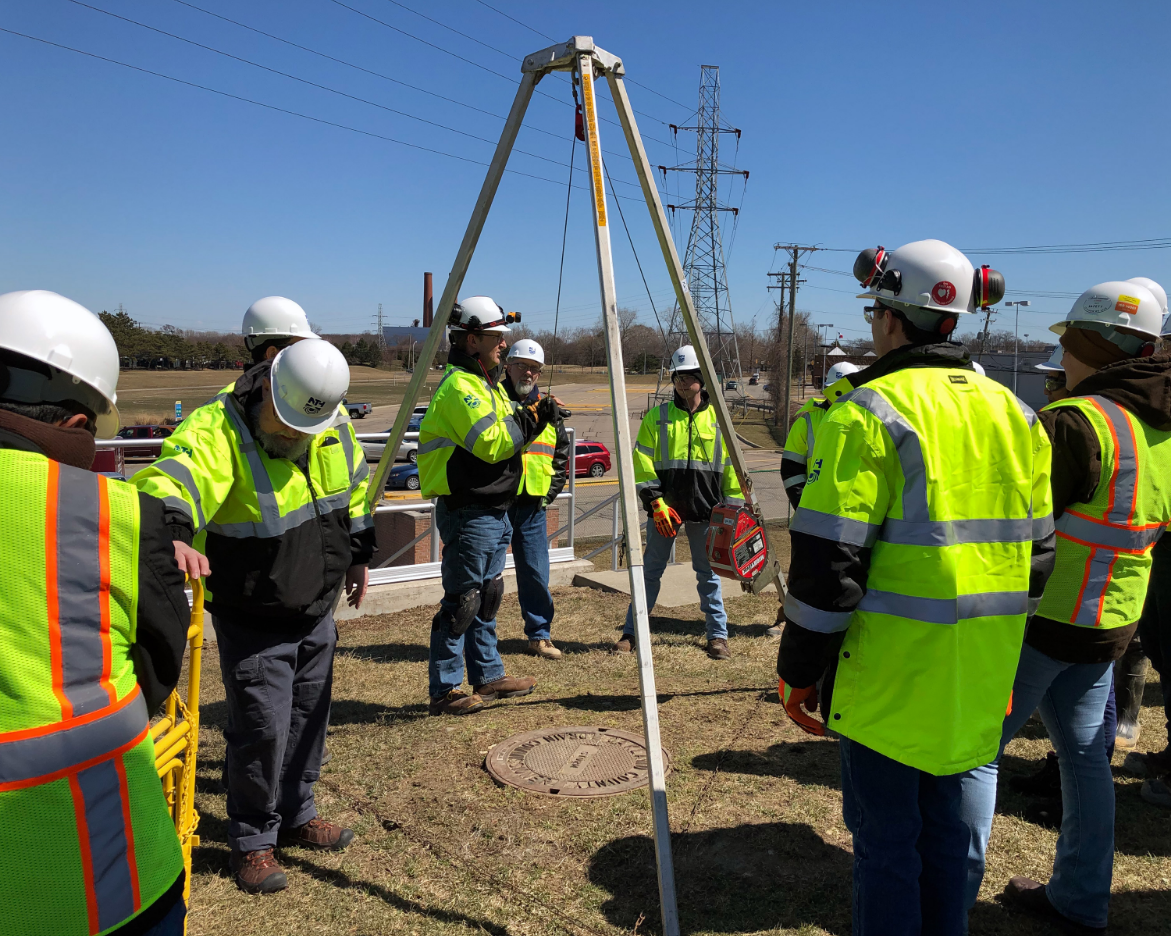Project Overview
NTH assisted Lansing Board of Water & Light (BWL) in securing an air permit for the installation and operation of a new natural gas electric generation plant with two combined-cycle combustion turbine generators, one simple cycle CTG, one auxiliary boiler, two emergency generators fueled by ultra-low sulfur diesel, and one fire pump engine. The Delta Energy Park, rated at a nominal 250 megawatts (MW) of electric generation, is designed to operate efficiently, respond quickly to changes in demand, and provide capacity to support the load requirements of BWL’s customers. The combined-cycle CTGs utilize lean burn technology and selective catalytic reduction (SCR) to reduce oxides of nitrogen (NOx) emissions, as well as oxidation catalysts to reduce carbon monoxide (CO) and volatile organic compounds (VOCs).
Project Scope
NTH met with BWL personnel in January 2017 to discuss air permitting requirements for the new electric generating equipment. BWL was initially considering up to two site locations for the plant, four turbine configurations (1×1, 2×1, 3×1, or 4×1) at varying capacities (between 150 and 200 MW) and various ancillary equipment (peaking RICE or CTG; natural gas or diesel generators). NTH worked closely with BWL to identify a favorable site location and configuration for air permitting requirements.
The project was considered to be a major modification at an existing major stationary source in accordance with the Prevention of Significant Deterioration (PSD) regulations as it resulted in a significant emissions increase in NOx, CO, VOC, particulate matter less than or equal to 10 micrometers (PM10), and PM less than 2.5 micrometers (PM2.5).The project required an extensive ambient impact analysis utilizing dispersion modeling and was also subject to best available control technology (BACT) requirements for emissions of greenhouse gases (GHG). NTH developed potential emission estimates based on worst-case turbine vendor data, including startup and shutdown emissions. The permit application also included a detailed review of applicable state and federal air quality regulations, and an extensive air pollution control technology evaluation for NOx, CO, VOC, PM10, PM2.5, and GHG.
NTH’s comprehensive ambient impact analysis using dispersion modeling techniques was used to determine concentrations of regulated air contaminants for comparison to the national ambient air quality standards (NAAQS), PSD Class II increments, and toxic air containment screening levels per Michigan Air Toxics Rules. The analysis also incorporated impacts from the adjacent coal-fired Erickson Station. NTH also developed an additional impact analysis and an assessment for secondary formation of PM2.5 and ozone emissions utilizing U.S. Environmental Protection Agency’s (EPA’s) recently published draft Guidance on the Development of MERPs as a Tier 1 Demonstration Tool for Ozone and PM2.5 under the PSD Permitting Program. Our analyses were approved by Michigan Department of Environment, Great Lakes, and Energy (EGLE) and U.S. EPA.
Client Benefit
The permit application was submitted on May 4, 2018 and a final air permit was approved by EGLE on December 20, 2018. NTH worked closely with EGLE during the permit review process to ensure the project was moving forward, including discussing draft permit conditions during several meetings and conference calls. EGLE did not require additional information throughout their review. Within two weeks after the close of the public comment period, EGLE issued the permit.
In 2022, NTH assisted BWL with two (2) permit applications 1) to alleviate stack testing requirements related to the auxiliary boiler and 2) a full PSD “re-do” based upon relaxing an operational restriction on the simple-cycle CTG. The second application included a full re-review of PSD requirements (including BACT analysis) and comprehensive dispersion modeling analysis for the project.
